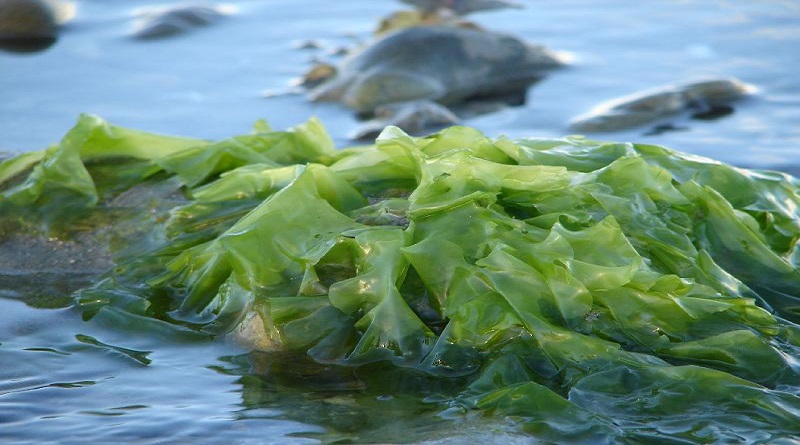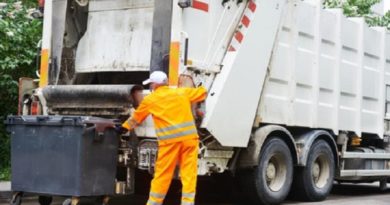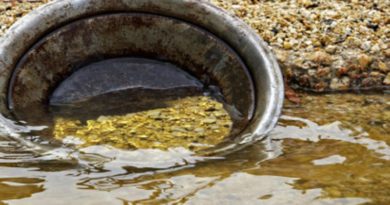Seaweed invasion harms economies in West Africa, Caribbean
West Africa and the Caribbean are seeing an explosive increase in the quantity of the Sargassum seaweed, and the economic impact is being felt widely.
In West Africa, argassum has significantly impacted artisanal fisheries sector. Fisher folks are facing severe challenges as their nets are often filled with seaweed, which results in dramatically reducing their catch. Fishing vessels are also impacted as engine propellers are being entangled in seaweed. Sierra Leone is one of the countries most affected this phenomenon.
“The continued seaweed proliferation has devastating economic impact with serious consequences on the livelihoods of our people in the coastal communities, largely fisher-folks, who depend mainly on fishing activitiesâ€, explains Haddijatou Jallow, Executive Chairperson of the country’s Environment Protection Agency
“Similarly, women who are engaged in processing, distribution and marketing of fisheries products are being impacted, as the decrease in catch has stifled their activities, leading to a dramatic reduction in the daily household earnings and consequently has contributed to children dropping out of schools and healthcare implications in coastal communities.â€
Evacuation   Â
On the other side of the Atlantic, in the Caribbean, several islands are severely affected by the Sargassum invasion. Many have seen cancellations in hotel bookings due to concerns among tourists about the degrading quality of beaches. In addition to the economic impact, Sargassum can also, in some cases, endanger human health, as has happened in Grenada.
“We have already had to assist residents in some of our coastal communities to evacuate because of toxic emissions of hydrogen sulphide gas from rotting, washed up Sargassum,†says Alvin Da Breo, Grenada’s Minister of Environment Forestry and Fisheries.
“Our hospitality industry is experiencing a decline in interest from tourists who are concerned about quality of our beachesâ€.
Seeking solutions
UNEP’s Abidjan Convention and Cartagena Convention Secretariats tasked with the protection and management of the coastal and marine environments of West Africa and the Wider Caribbean respectively have been collaborating with affected countries across the two regions to find ways of addressing and raising awareness about this issue.
UNEP’s Global Programme of Action for the Protection of the Marine Environment (GPA) is exploring the sources of this global trans- Atlantic climate change-related issue. The GPA will lend support to this process through two of its partnerships, namely the Global Partnership on Nutrient Management (GPNM) and the Global Wastewater Initiative (the GW2I). They will contribute through building a research platform and mobilizing resources to assist affected countries.
“Going forward, cooperation beyond national borders will be key for combatting the Sargassum invasion,†says Abou Bamba, Regional Coordinator for the UNEP/Abidjan Secretariat.




